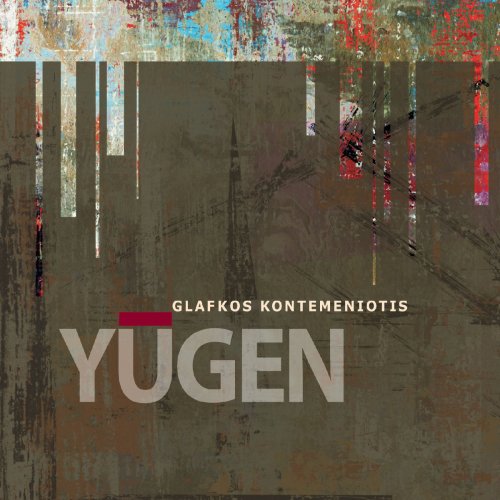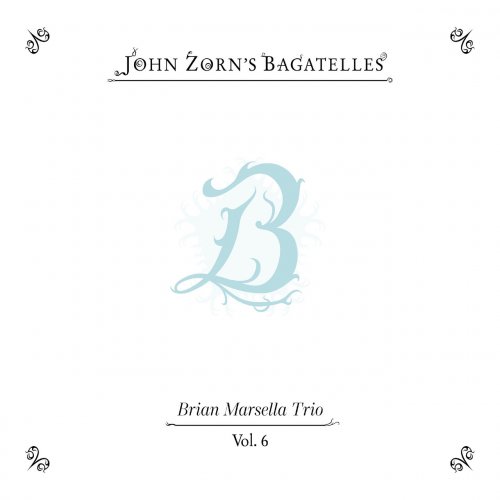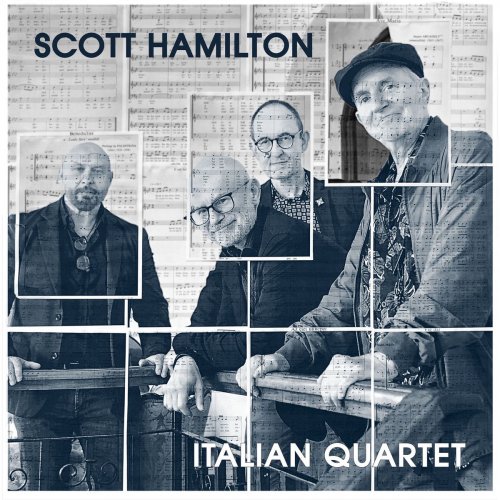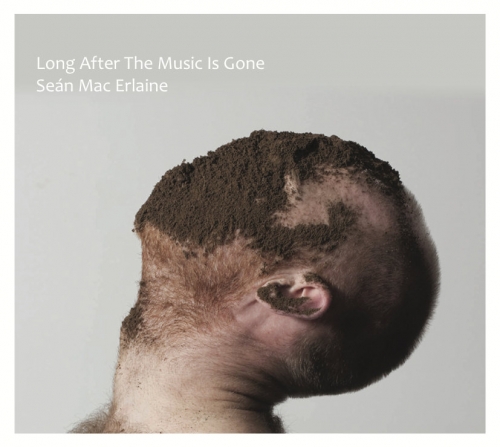Glafkos Kontemeniotis - Yugen (2019)

Artist: Glafkos Kontemeniotis
Title: Yugen
Year Of Release: 2019
Label: Glafkos Kontemeniotis
Genre: Jazz
Quality: FLAC (tracks)
Total Time: 68:16 min
Total Size: 392 MB
WebSite: Album Preview
Tracklist:Title: Yugen
Year Of Release: 2019
Label: Glafkos Kontemeniotis
Genre: Jazz
Quality: FLAC (tracks)
Total Time: 68:16 min
Total Size: 392 MB
WebSite: Album Preview
01. Never Enough
02. Dingane
03. Catharsis
04. A Monk Met a Goat
05. Barge Captain Gets the Blues
06. Yugen
07. Flisvos
08. A Monk Met a Cow
09. Exhibit A
10. Improvisation
11. Hope
Very excited to be sharing these original compositions.Featuring Joel Frahm on Saxes, Marcus MacLaurine on Bass and Dave Meade on Drums.
"A New York resident for thirty years now, the Cypriot pianist weaves jazz, traditional and classical music into a recognizable personal style that brings cross- cultural approaches to jazz composition to new heights. In this process, from composition to improvisation, from folk to art music, he is accompanied by a roster of stellar musicians who, collectively, demonstrate a remarkable pedigree in jazz. Joel Frahm is not only a regular on the New York jazz scene, as he humbly asserts, but rather a leading figure in the world of jazz improvisation. Nothing in his playing here feels merely regular and, dare I say, the compositions suit him remarkably well. His solos have a story telling quality, they are introspective yet intense, joyous and exhilarating. Marcus McLaurine enriches the performance with his forward-thinking bass lines; the graduation of his touch, the quality of his sound and his meditative presence offer purpose to this record. David Meade provides a rich rhythmic tapestry to the music. In Yūgen, their musical identities (as well as the compositions performed), are negotiated through a constant dialogue, through adjustments and refusal of adjustment, some that result out of necessity and in a momentary flash. The musicians together embody a quest for a collective future, where the influence of ideas functions not through domination but through consent.
Glafkos is an avid composer in the jazz idiom. His compositions are painterly and poetic. They have a rare singable quality, perhaps an influence of his study of Mediterranean folk music. In this album, he explores a certain relationship between the instruments: there is much rhythmic counterpoint, integration of material, and faith in the interaction between instrumentalists. ’Yūgen’, the title track, borrows its name from a concept deriving from Japanese aesthetics. It is part of a set of ancient Japanese ideals that include ‘wabi’ (transient and stark beauty), ‘sabi’ (the beauty of natural ageing) and ’Yūgen’ (profound grace and subtlety). ’Yūgen’, although has no exact literary translation, or perhaps because it has no translation, means that which cannot be said. In this record, it symbolizes an ethos that the pianist embodies and an attitude that he communicates in his day to day interactions: that all things are considered as either evolving from or dissolving into a unifying space of potentiality; neither Western nor Eastern, nor that, nor ‘the other’, but a personal journey that draws from humanity itself. Together with ‘Yūgen’, ‘Dingane’ (meaning 'the little exile’ or ‘the inquiring mind’), ‘Hope’, and ‘Never enough’ —all in a vaguely categorized 12/8, Afro-Latin feel— define this album in terms of compositional strategy."
Alexander Gagatsis
"A New York resident for thirty years now, the Cypriot pianist weaves jazz, traditional and classical music into a recognizable personal style that brings cross- cultural approaches to jazz composition to new heights. In this process, from composition to improvisation, from folk to art music, he is accompanied by a roster of stellar musicians who, collectively, demonstrate a remarkable pedigree in jazz. Joel Frahm is not only a regular on the New York jazz scene, as he humbly asserts, but rather a leading figure in the world of jazz improvisation. Nothing in his playing here feels merely regular and, dare I say, the compositions suit him remarkably well. His solos have a story telling quality, they are introspective yet intense, joyous and exhilarating. Marcus McLaurine enriches the performance with his forward-thinking bass lines; the graduation of his touch, the quality of his sound and his meditative presence offer purpose to this record. David Meade provides a rich rhythmic tapestry to the music. In Yūgen, their musical identities (as well as the compositions performed), are negotiated through a constant dialogue, through adjustments and refusal of adjustment, some that result out of necessity and in a momentary flash. The musicians together embody a quest for a collective future, where the influence of ideas functions not through domination but through consent.
Glafkos is an avid composer in the jazz idiom. His compositions are painterly and poetic. They have a rare singable quality, perhaps an influence of his study of Mediterranean folk music. In this album, he explores a certain relationship between the instruments: there is much rhythmic counterpoint, integration of material, and faith in the interaction between instrumentalists. ’Yūgen’, the title track, borrows its name from a concept deriving from Japanese aesthetics. It is part of a set of ancient Japanese ideals that include ‘wabi’ (transient and stark beauty), ‘sabi’ (the beauty of natural ageing) and ’Yūgen’ (profound grace and subtlety). ’Yūgen’, although has no exact literary translation, or perhaps because it has no translation, means that which cannot be said. In this record, it symbolizes an ethos that the pianist embodies and an attitude that he communicates in his day to day interactions: that all things are considered as either evolving from or dissolving into a unifying space of potentiality; neither Western nor Eastern, nor that, nor ‘the other’, but a personal journey that draws from humanity itself. Together with ‘Yūgen’, ‘Dingane’ (meaning 'the little exile’ or ‘the inquiring mind’), ‘Hope’, and ‘Never enough’ —all in a vaguely categorized 12/8, Afro-Latin feel— define this album in terms of compositional strategy."
Alexander Gagatsis

![Jay Cinema - A Smile to a Tear (2025) [Hi-Res] Jay Cinema - A Smile to a Tear (2025) [Hi-Res]](https://img.israbox.com/img/2026-02/15/3den0r6ij0gj805kc59em92op.jpg)


![Mona Krogstad - Serenity Now (2026) [Hi-Res] Mona Krogstad - Serenity Now (2026) [Hi-Res]](https://www.dibpic.com/uploads/posts/2026-02/1771330367_folder.jpg)
![Pasquale Cataldi - Maybe (2026) [Hi-Res] Pasquale Cataldi - Maybe (2026) [Hi-Res]](https://www.dibpic.com/uploads/posts/2026-02/1771154794_shtkhljffl929_600.jpg)

![Alex Alicke - The recovered files (2026) [Hi-Res] Alex Alicke - The recovered files (2026) [Hi-Res]](https://www.dibpic.com/uploads/posts/2026-02/1771222991_cover.jpg)
